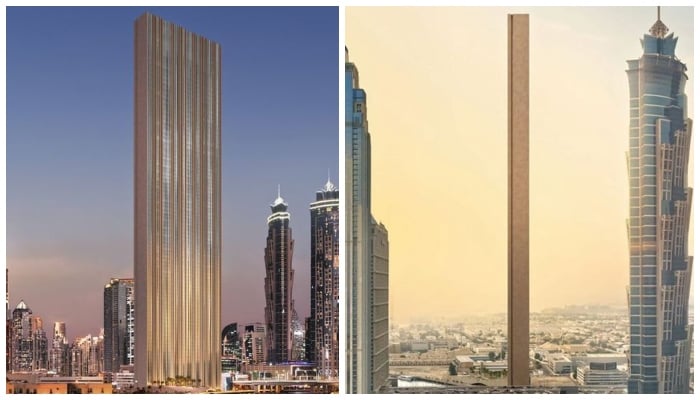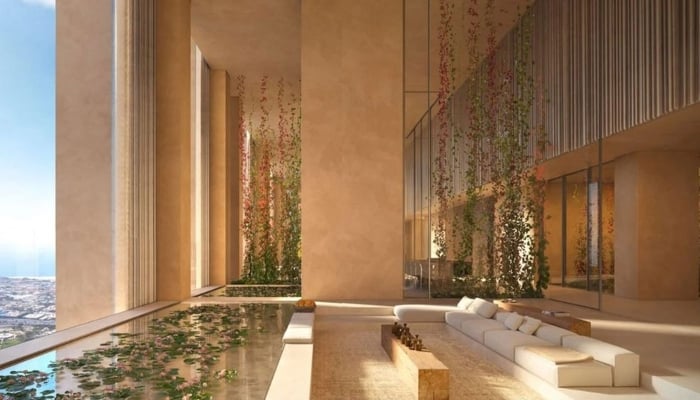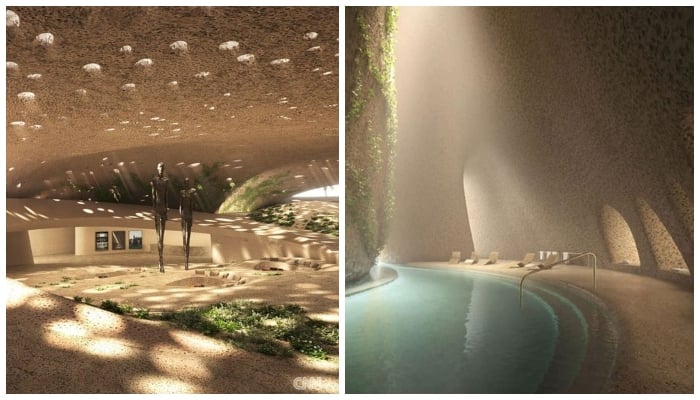
Dubai boasts one of the world’s most iconic skylines, featuring stunning architecture and remarkable skyscrapers, including the Burj Khalifa, the world’s tallest building and a symbol of te city’s grandeur.
However, with other countries also ramping up their projects, Dubai plans to continue to dominate the skyscraper scene as it recently announced yet another high-rise building which promises to be far from ordinary.
Showcasing the city’s relentless pursuit of innovation, Dubai recently unveiled plans for the construction of an ultra thin skyscraper, named the Muraba Veil, CNN reported.
Measuring no more than an apartment in width, this thin 73-storey building will stand 1,274 feet high on the banks of the canal that runs through Dubai’s Sheikh Zayed Road.
The building’s width will measure only 74ft, with 131 apartments featuring between two and five bedrooms each, according to a statement sent to CNN by the project’s United Arab Emirates-based developer, Muraba.
The high-end apartment block will feature “a range of curated leisure amenities,” including a spa, restaurant, gallery, padel court and private movie theatre, the statement said.

Each apartment will be modeled on traditional Arabian houses, around an inner courtyard and “softened by shade and greenery,” the developer said.
Meanwhile, the building’s design is “revealed behind a series of layers,” with the first being the “veil,” which the creative team describes as “a bespoke stainless steel mesh, porous and responsive, reflecting the different shades of the sky.”
This unique building has been designed by Spanish company RCR Arquitectes, the winner of the prestigious Pritzker Prize — dubbed the “Nobel of architecture” — in 2017.
However, getting hands on an apartment in the Muraba Veil, which is expected to be completed by December 2028, may not be everyone’s cup of tea as prices will start from $4.9 million.

In a press statement, Rafael Aranda, founder of RCR Arquitectes, said: “We are passionate about ensuring our buildings are responsive to the place, that they belong to the site and the native landscape where they are situated.
“They must communicate with nature and be infused with the atmosphere of the local culture.”
Additionally, Dubai’s towering skyline will welcome the Burj Azizi, set to reach 2,379ft, also due to be finished in 2028.



